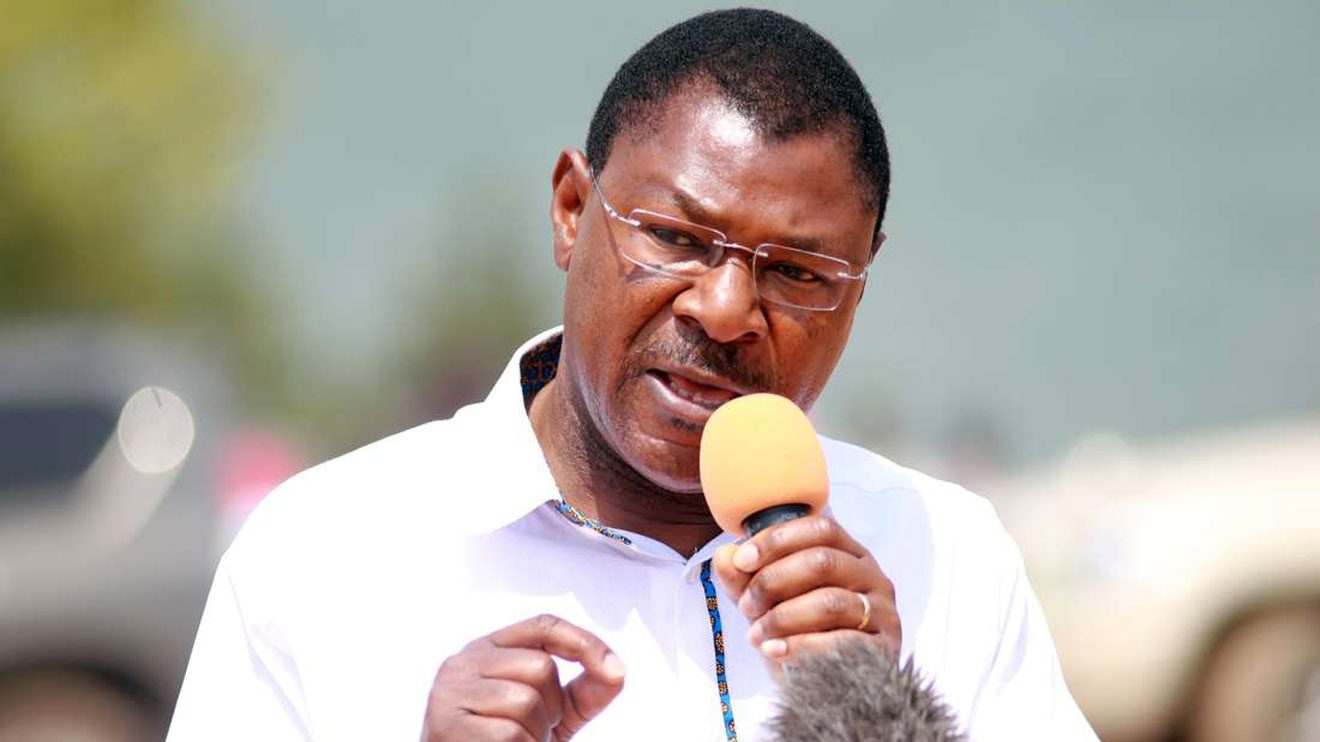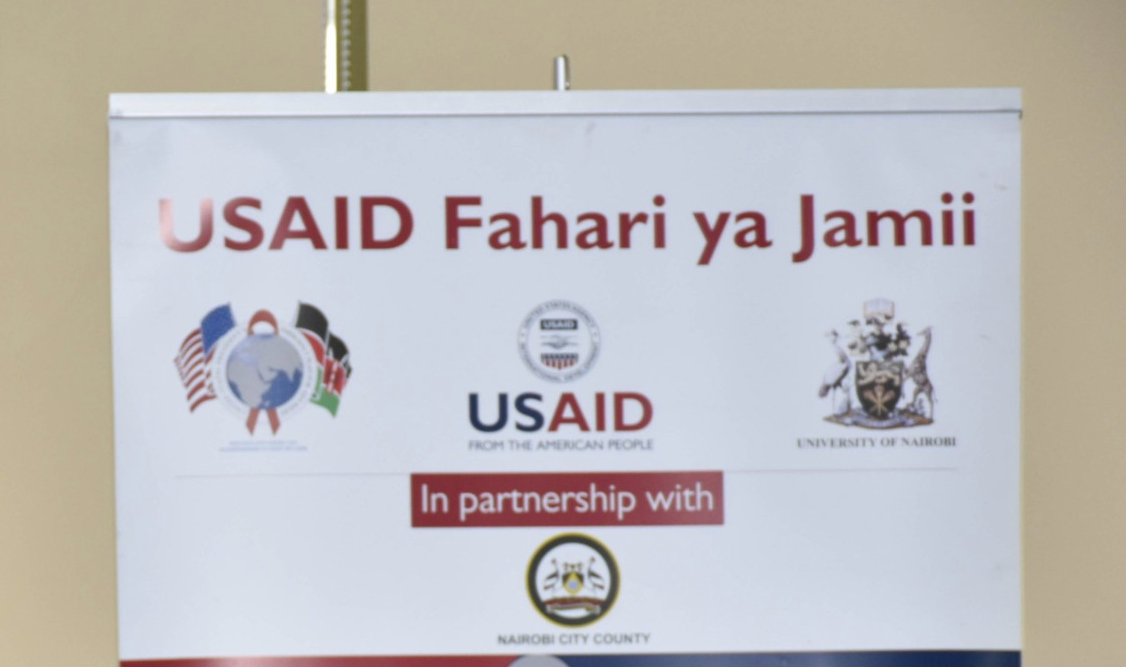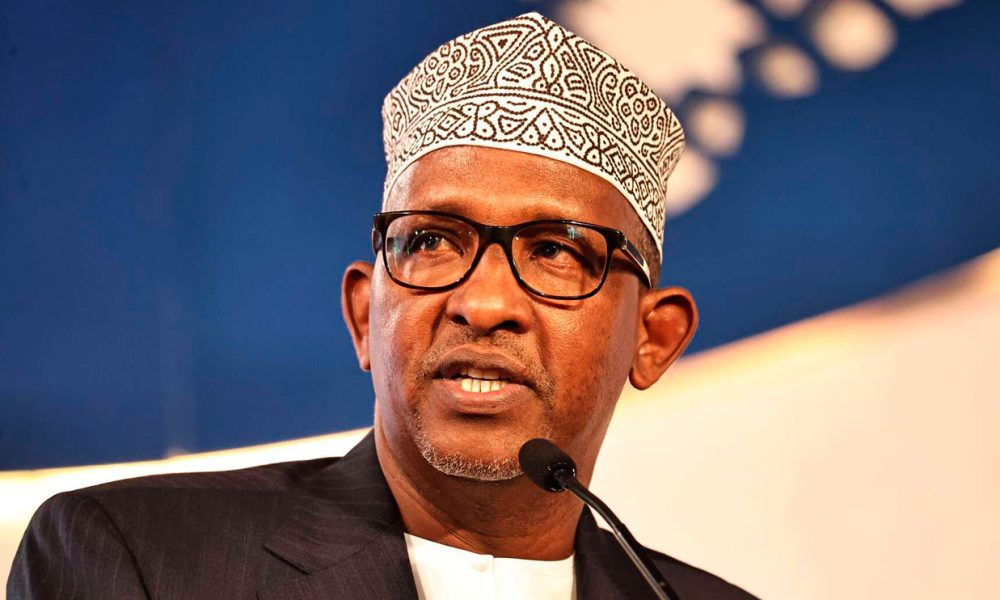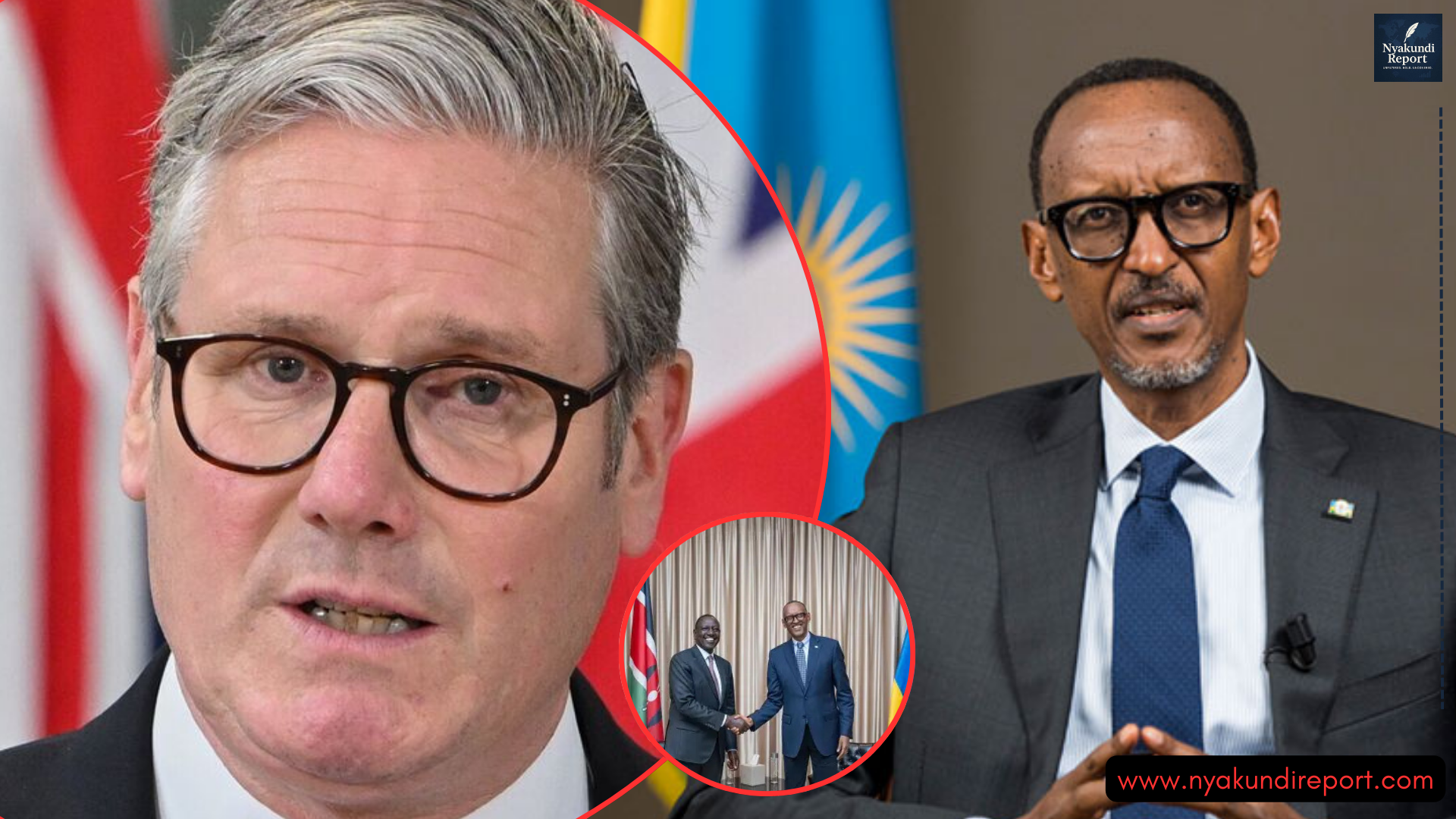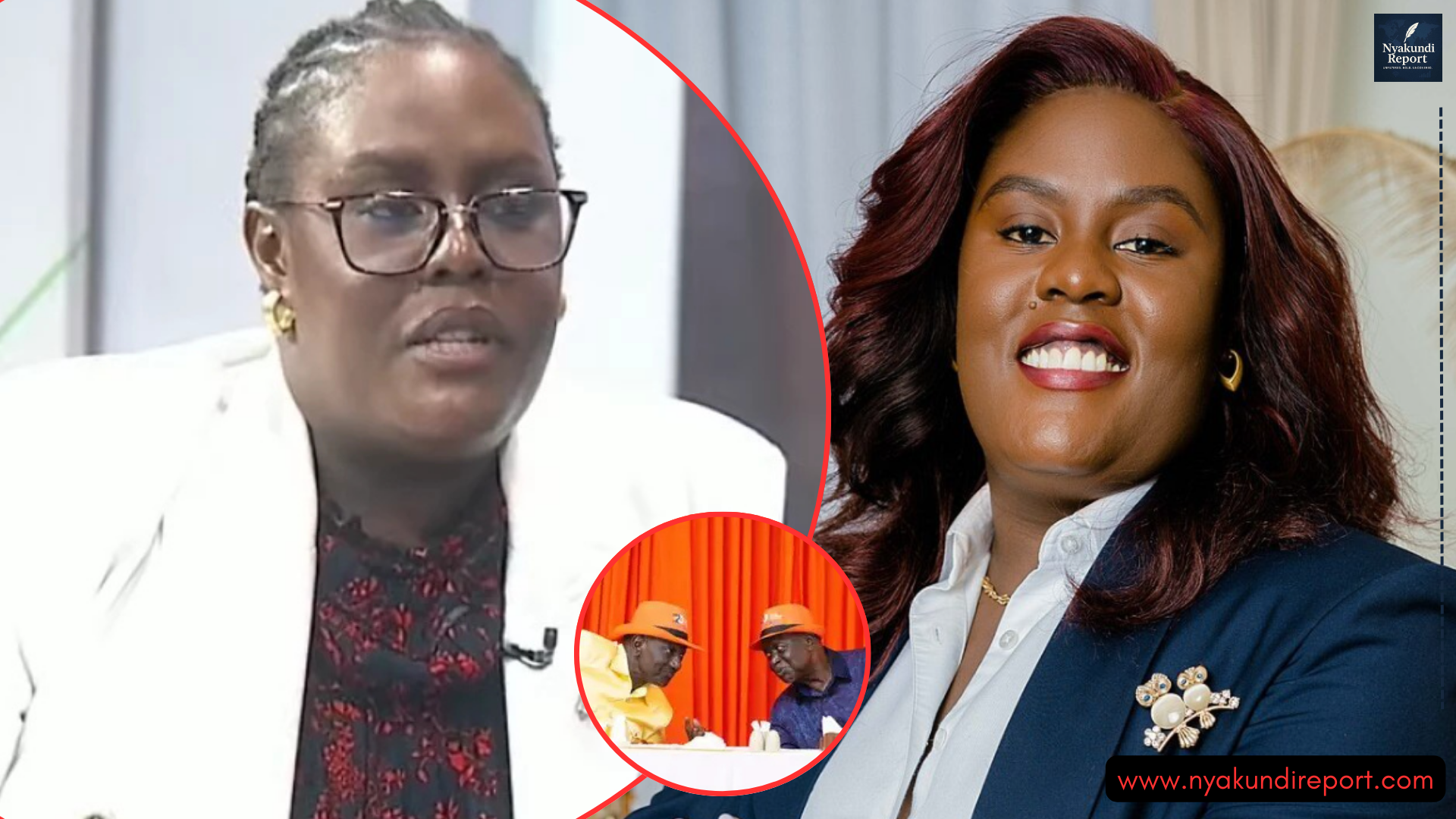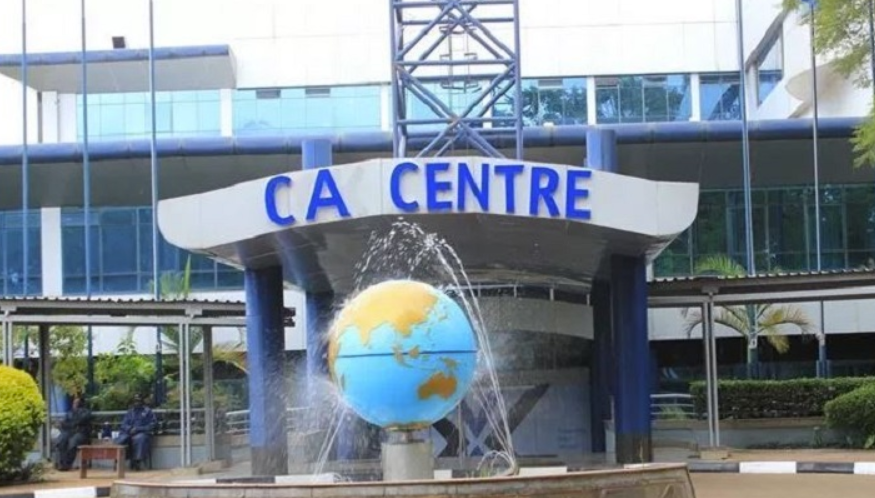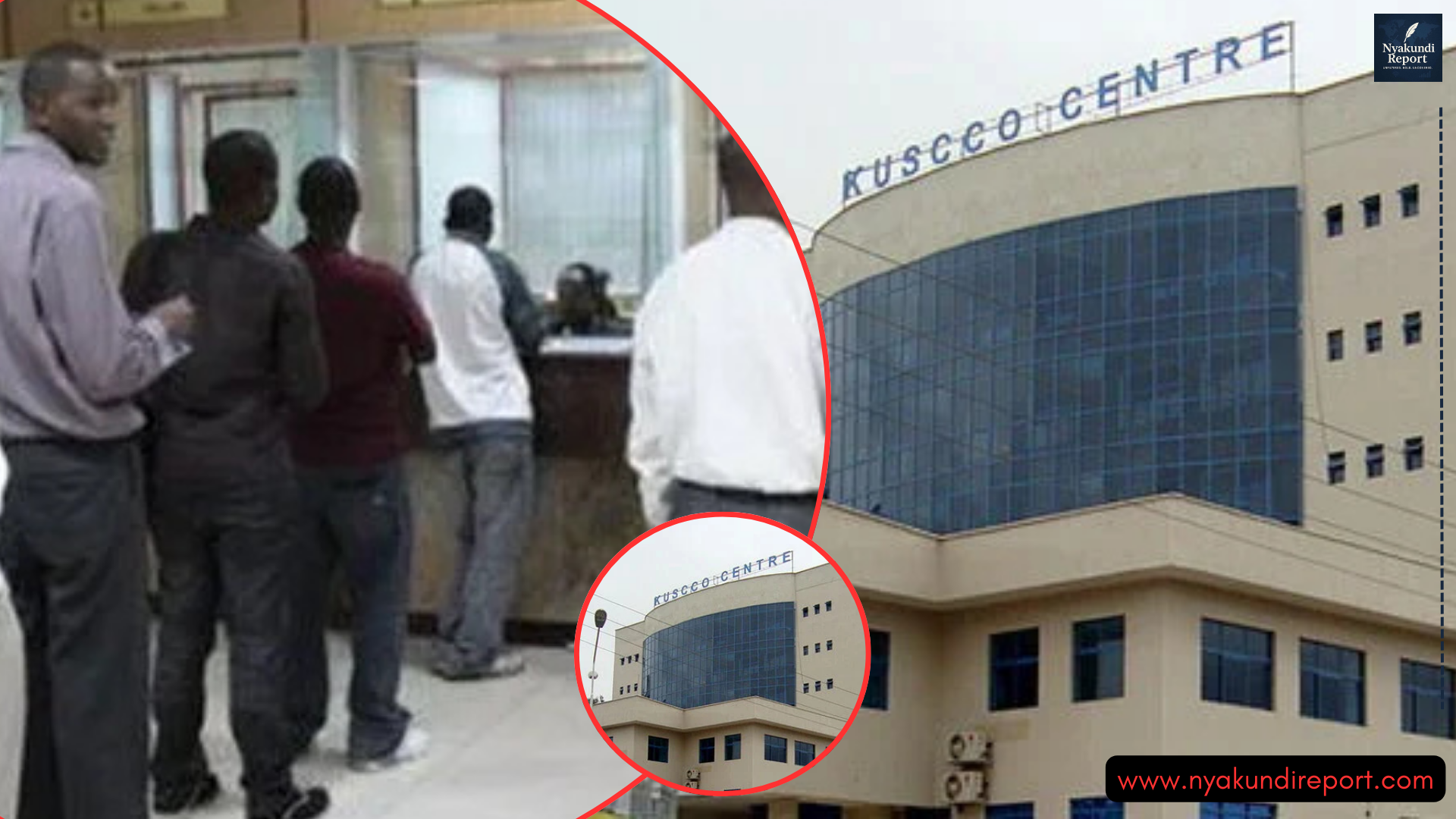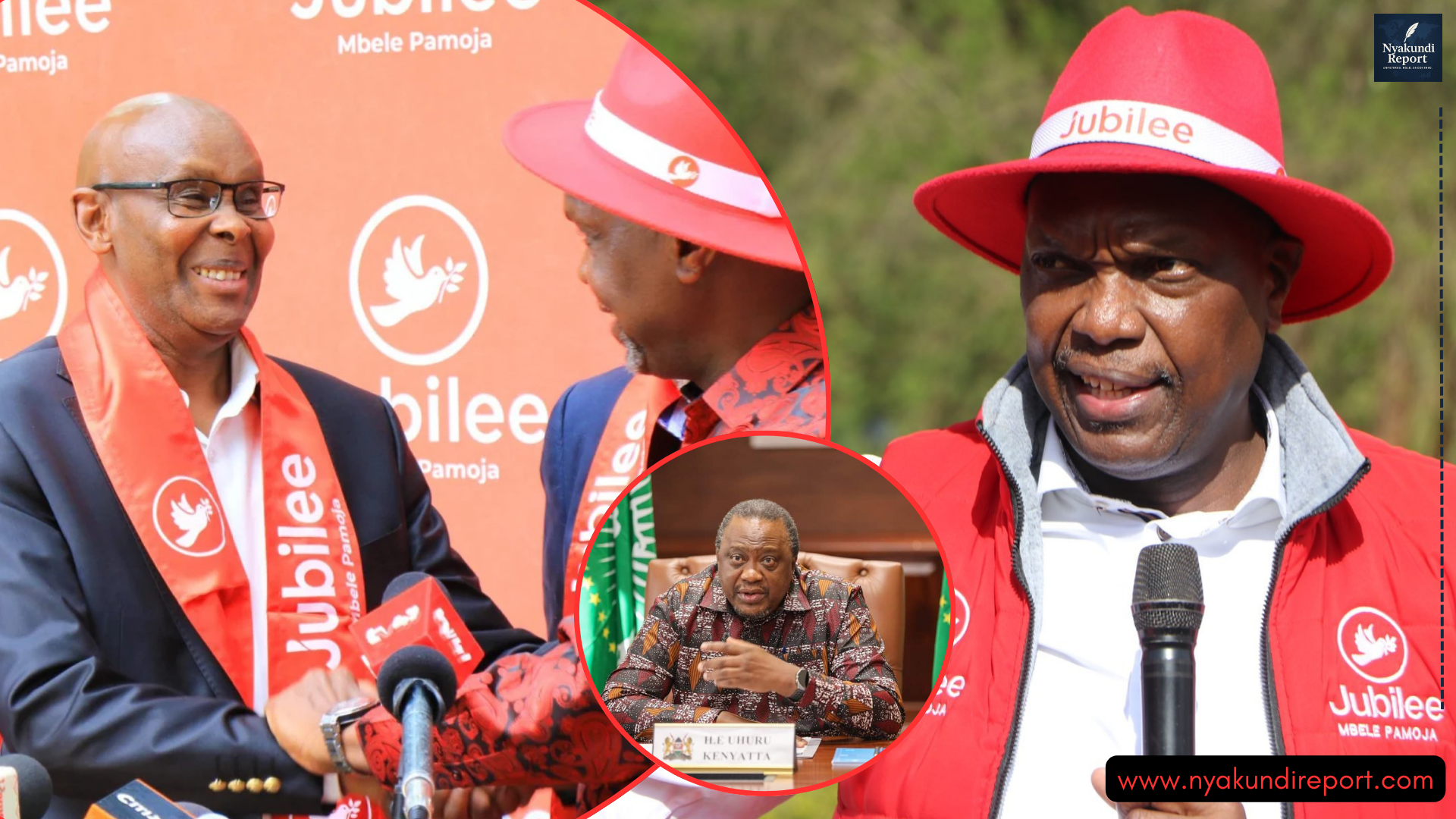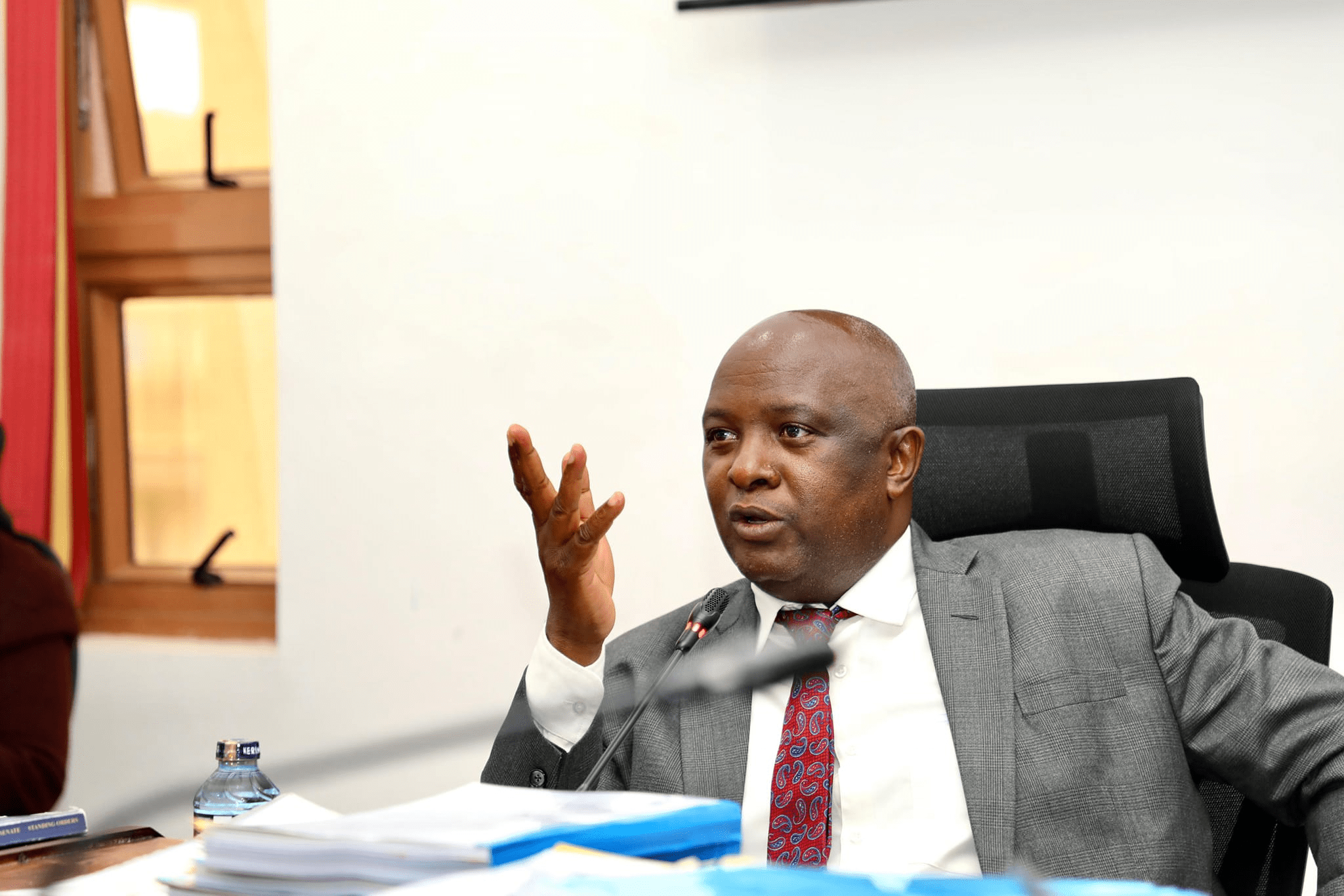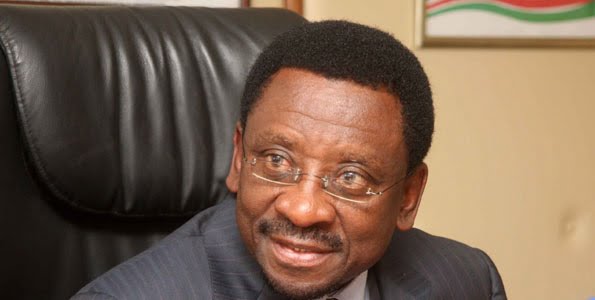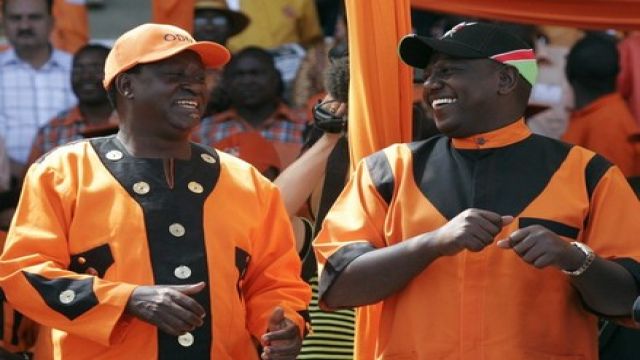Two bold petitioners have filed a case at the Milimani Law Courts seeking to have President William Ruto, Attorney General Dorcas Oduor, and Head of Public Service Felix Koskei jailed for contempt of court.
The explosive petition, filed by Senior Counsel Paul Muite, accuses the top government officials of disobeying court orders by going ahead with the appointment of a new Independent Electoral and Boundaries Commission (IEBC) team despite an existing court injunction.
The move has sparked a major legal showdown that could shape the future of executive-judiciary relations in Kenya.
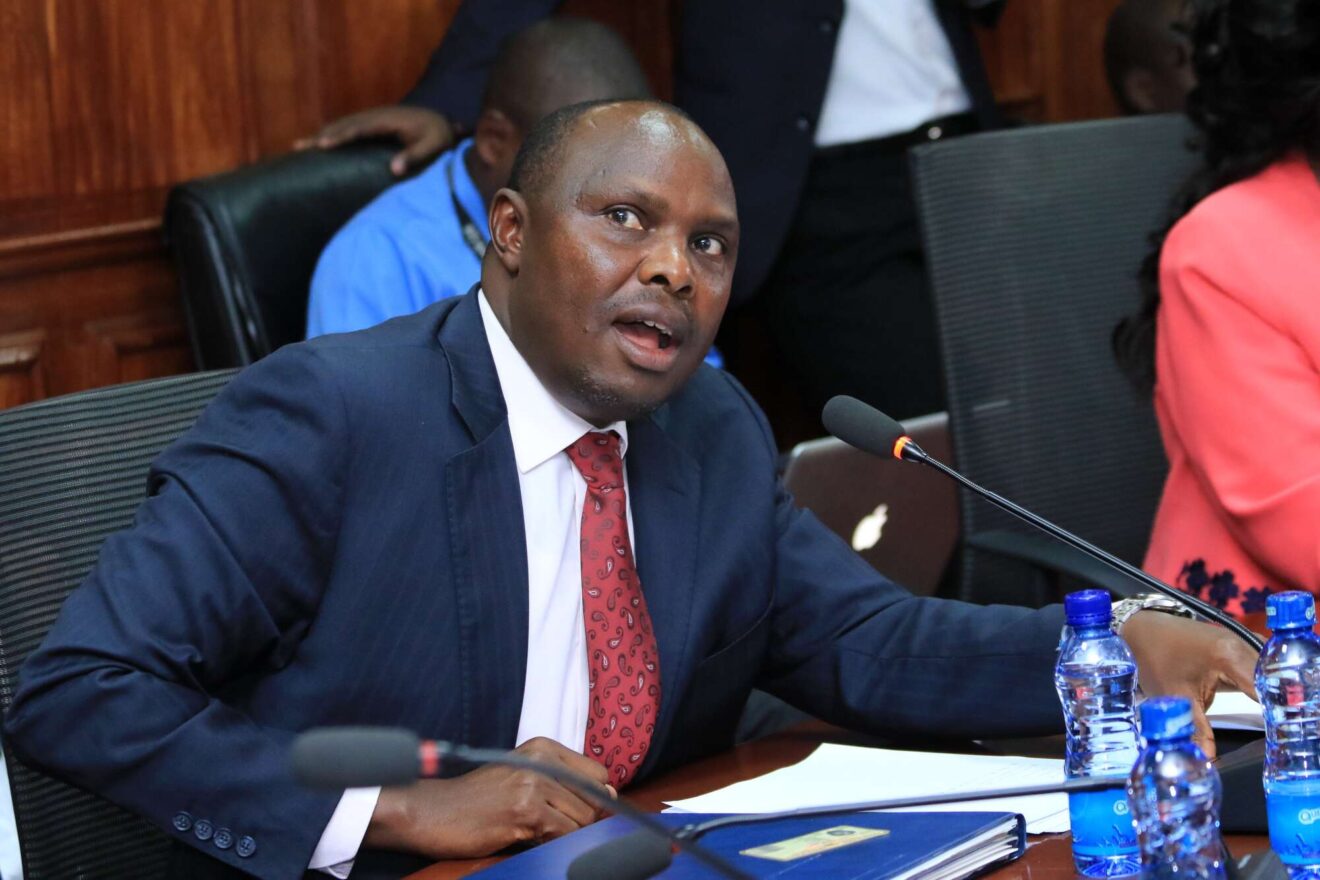
Petition to Jail Ruto Highlights Tensions Between Judiciary and Executive
Appearing before a three-judge bench at Milimani on Monday, June 23, the petitioners demanded that President Ruto and his senior officials each be sentenced to two years in jail for contempt of court. They argue that Ruto, Koskei, and Oduor blatantly ignored a ruling delivered by Justice Lawrence Mugambi on May 19, which barred the gazettement and swearing-in of IEBC nominees until a petition against the appointments was fully determined.
Despite this, on June 11, Ruto bypassed the court’s directive and officially gazetted the names of the new IEBC commissioners. The appointments included Chairperson Erastus Ethekon and commissioners Ann Njeri Nderitu, Moses Alutalala Mukhwana, Mary Karen Sorobit, Hassan Noor Hassan, Francis Odhiambo Aduol, and Fahima Araphat Abdallah.
The petitioners insist this action violated the rule of law, undermined the authority of the Judiciary, and set a dangerous precedent where executive powers are used to sidestep judicial orders.
They want the court not only to punish the trio with jail time but also to nullify all appointments to the new IEBC panel, citing serious flaws in the selection process, including lack of transparency, inclusivity, and fairness.
Court Orders and Ruto’s Response
On May 19, Justice Mugambi issued conservatory orders suspending the vetting and approval process for the seven IEBC nominees. This was after two individuals filed a petition claiming the recruitment process was unconstitutional and marred by executive interference.
Ten days later, in a separate ruling, the High Court permitted Parliament to proceed with the vetting of the nominees. However, it strictly barred any gazettement or swearing-in of the selected individuals until the pending petition was fully resolved.
Despite the court’s caution, Ruto moved swiftly and, on June 11, signed off on the gazettement of the commissioners, giving them the green light to assume office. The Head of State justified his move using provisions in Article 250(2) of the Constitution and the IEBC Act, arguing that due process had been followed.
But the petitioners strongly disagreed, saying the President acted in total defiance of a lawful court order. They argue that no constitutional power allows any arm of government to ignore a court ruling, especially when it concerns critical institutions like the electoral body.
Legal Experts Weigh In on Petition to Jail Ruto
Legal experts and constitutional watchdogs are closely watching the case, with many viewing it as a major test of the rule of law in Kenya. The petition to jail Ruto raises deep constitutional questions: Can a sitting president be jailed for contempt? Is the judiciary strong enough to hold the executive accountable?
Senior Counsel Paul Muite, who is leading the petitioners’ legal team, stated that “No one is above the law. If the president and his team can ignore court orders, then we have no functioning democracy. This is about the survival of the Constitution.”
Others argue the case presents an opportunity for the courts to assert their independence and defend judicial authority from creeping executive overreach.
At the same time, political analysts caution that the case could plunge the country into a constitutional crisis, especially if the court finds the president in contempt and orders punitive action.
What Lies Ahead
As the case unfolds, the judiciary finds itself walking a tightrope. It must balance the need to enforce its rulings without triggering an institutional clash with the executive. For now, the petition to jail Ruto and his close allies continues to fuel national debate on accountability, separation of powers, and respect for the rule of law.
The IEBC appointments, which were supposed to restore trust in Kenya’s electoral system, have instead opened a fresh political and legal war. The court is expected to make a ruling in the coming weeks—one that could define the boundaries of power between the country’s key institutions for years to come.


